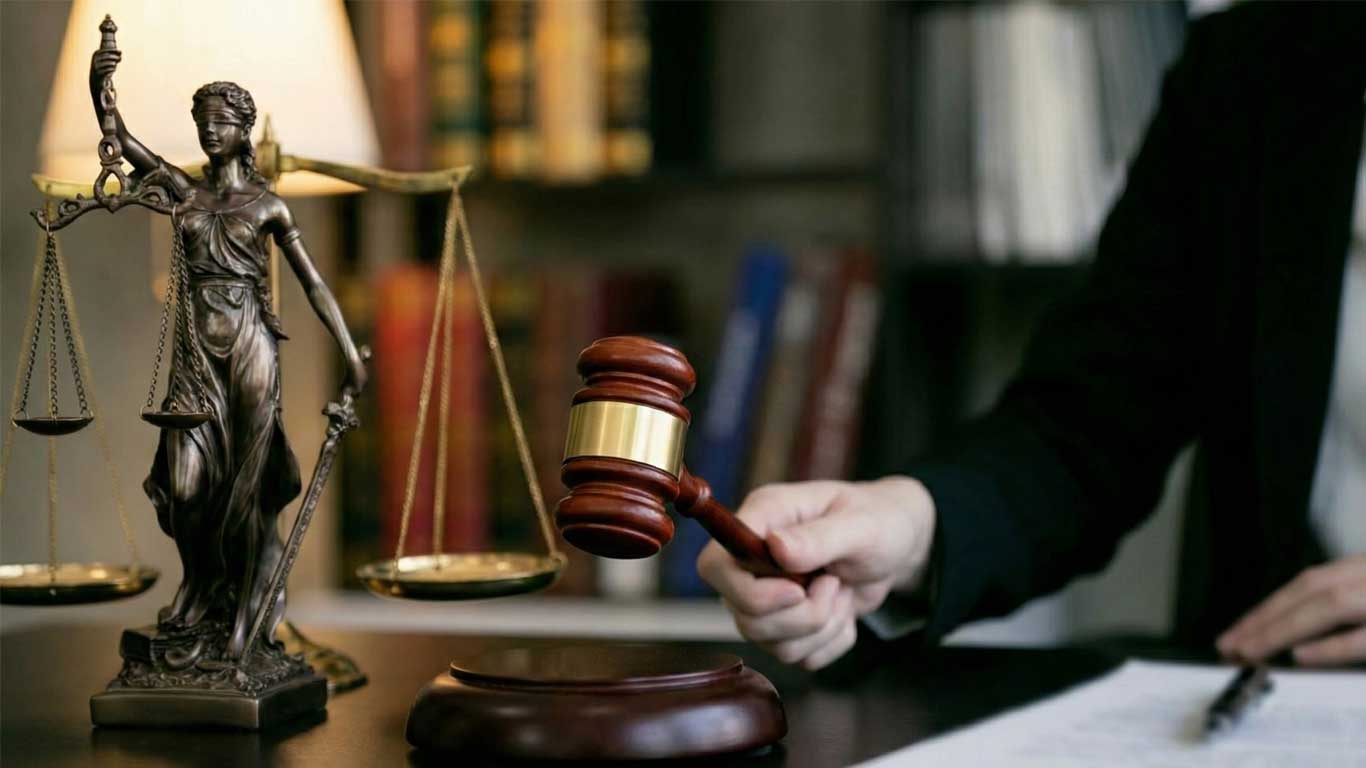
The First District Court of Appeals in Texas has upheld a lower court’s decision to revoke the probation of Maxx Austin Burrows. Burrows was originally placed on probation after pleading guilty to a second-offense driving while intoxicated (DWI) charge. The appeals court rejected Burrows’s arguments that the trial court violated his rights and abused its discretion.
The Case’s Background
In December 2021, Burrows pleaded guilty to DWI, and the court sentenced him to jail time but suspended the sentence, placing him on probation for 18 months. In November 2022, Burrows was arrested in Burleson County, which led to the state seeking to revoke his probation in January 2023, alleging he committed a felony DWI.
The revocation hearing took place in August 2023. Burrows pleaded “not true” to the allegations. The State presented evidence, including testimony from law enforcement, to support the claim that Burrows had violated his probation by committing another DWI.
Corporal J. Gilliam of the Texas Department of Public Safety testified about responding to a single-vehicle crash involving Burrows. He observed Burrows showing signs of intoxication, including the smell of alcohol, bloodshot eyes, and slurred speech. Empty vodka bottles were also found near the crash site. Corporal Gilliam administered field sobriety tests, which he concluded indicated intoxication, and he arrested Burrows. A blood sample was taken with a warrant, and over objection, the officer testified that the toxicology results showed the presence of alcohol in Burrows’s blood.
Burrows’s probation officer, M. Cupit, testified that Burrows admitted to purchasing and consuming alcohol before the crash, and that he had been driving at the time of the accident. A probation officer also testified that Burrows had no other violations while on probation.
The trial court found that Burrows had violated his probation by committing a criminal offense and revoked his probation, sentencing him to nine months in jail. Burrows appealed this decision.
Burrows’s Arguments on Appeal
Burrows raised three main arguments on appeal:
1. Violation of the Right to Confrontation: Burrows argued that the trial court violated his Sixth Amendment right to confront witnesses by allowing the arresting officer to testify about the results of the toxicology report.
2. Improper Admission of Photographs: Burrows claimed the trial court erred in admitting photographs of the crash scene because they were not provided to him as part of discovery.
3. Abuse of Discretion in Finding a Probation Violation: Burrows argued that the trial court abused its discretion by concluding he had violated the terms of his probation.
The Court’s Ruling and Reasoning
The appeals court addressed each of Burrows’s arguments:
Confrontation Clause
The court held that Burrows’s right to confrontation was not violated. The court cited the precedent that the Sixth Amendment right to confront witnesses does not apply to probation revocation hearings. The court explained that such hearings are not considered criminal prosecutions, and therefore, the full range of rights afforded to defendants in criminal trials does not apply. The court noted that because the hearing in question was a probation revocation proceeding, the right to confrontation did not apply.
Admission of Photographs
The court acknowledged that there may have been a discovery violation regarding the photographs of the accident scene. However, the court found that Burrows failed to demonstrate that the admission of the photographs harmed him. The court reasoned that the photographs were largely cumulative of the arresting officer’s testimony, which described the scene in detail. The court also pointed out that Burrows could have requested a continuance to prepare for the photographs, but he did not do so. The court concluded that the admission of the photographs did not affect Burrows’s substantial rights.
Probation Revocation
The court found that the trial court did not abuse its discretion in revoking Burrows’s probation. The court reviewed the evidence, including the testimony of Corporal Gilliam and Probation Officer Cupit. The court determined that the evidence, viewed in the light most favorable to the trial court’s ruling, supported the conclusion that Burrows had violated his probation by committing a DWI. The court emphasized that Burrows admitted to drinking alcohol and driving, and that there was evidence of his intoxication at the crash scene. The court concluded that the trial court’s finding of a probation violation was supported by a preponderance of the evidence.
Conclusion
The appeals court affirmed the trial court’s judgment, denying Burrows’s appeal and upholding the revocation of his probation.